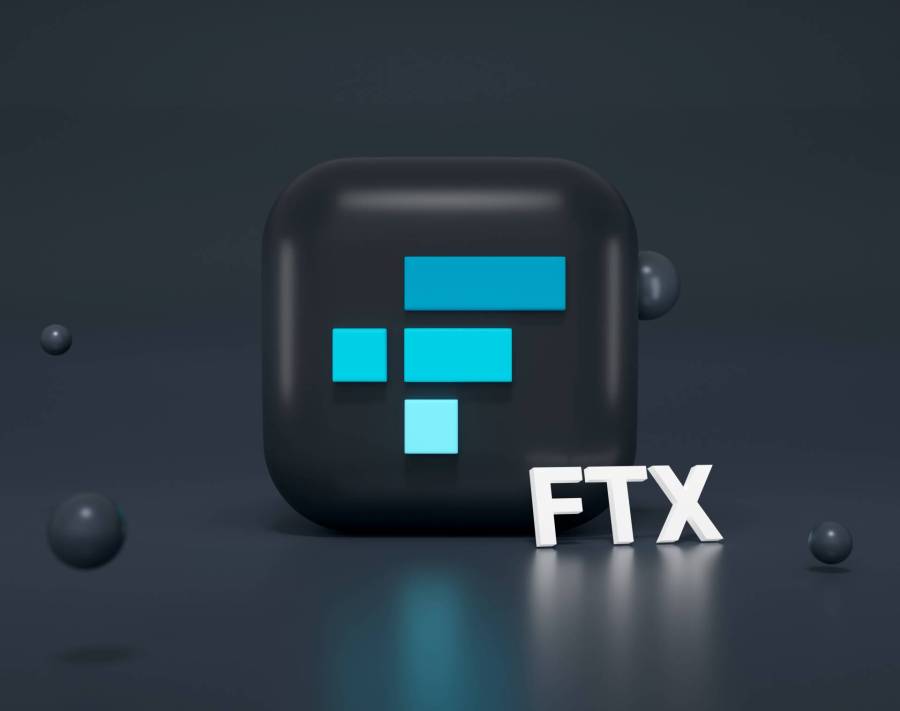Back in November 2022, the crypto exchange FTX suffered a staggering $477 million hack amid its chaotic collapse. Just days before the trial of FTX founder and CEO Sam Bankman-Fried, the previously dormant hacked funds became active. Elliptic analysts have delved deep into the incident, tracing the complex blockchain trail left by the hackers and implicating Russia.
Elliptic’s insight into the hack
According to Elliptic’s report, the hackers skillfully concealed their activities, shuffling the stolen assets through a series of complex transactions. They utilized decentralized exchanges and privacy wallets to complicate the tracing process. However, Elliptic successfully traced the funds, observing that the hackers converted a significant portion into Ether and then distributed it to various addresses. Elliptic’s on-chain investigation also reveals potential links to Russian actors.
A possible FTX hack-Russia connection
Elliptic’s findings suggest a potential Russian nexus in the FTX hack. The methods used by the hackers and the subsequent movement of the stolen funds bear similarities to techniques commonly associated with Russian cybercriminals.
Specifically, the research firm’s analysis identified that the laundering techniques used post-theft closely resemble methods traditionally associated with Russian cybercriminals. The way they moved funds, their preference for specific privacy wallets, and their choice of decentralized exchanges all mirror tactics Russian hackers have used in past incidents.
The speed and efficiency with which the funds were moved and laundered also hint at a well-organized and experienced group. Though there may be a handful of such actors, known Russian cybercrime outfits fit the bill.
Elliptic’s investigation not only highlights the importance of advanced blockchain analytics in tackling such challenges but also raises concerns about the geopolitical implications of major cybercrimes. As the digital currency realm grows, understanding the origins and motivations behind such attacks becomes pivotal for both security measures and international diplomatic relations.


















